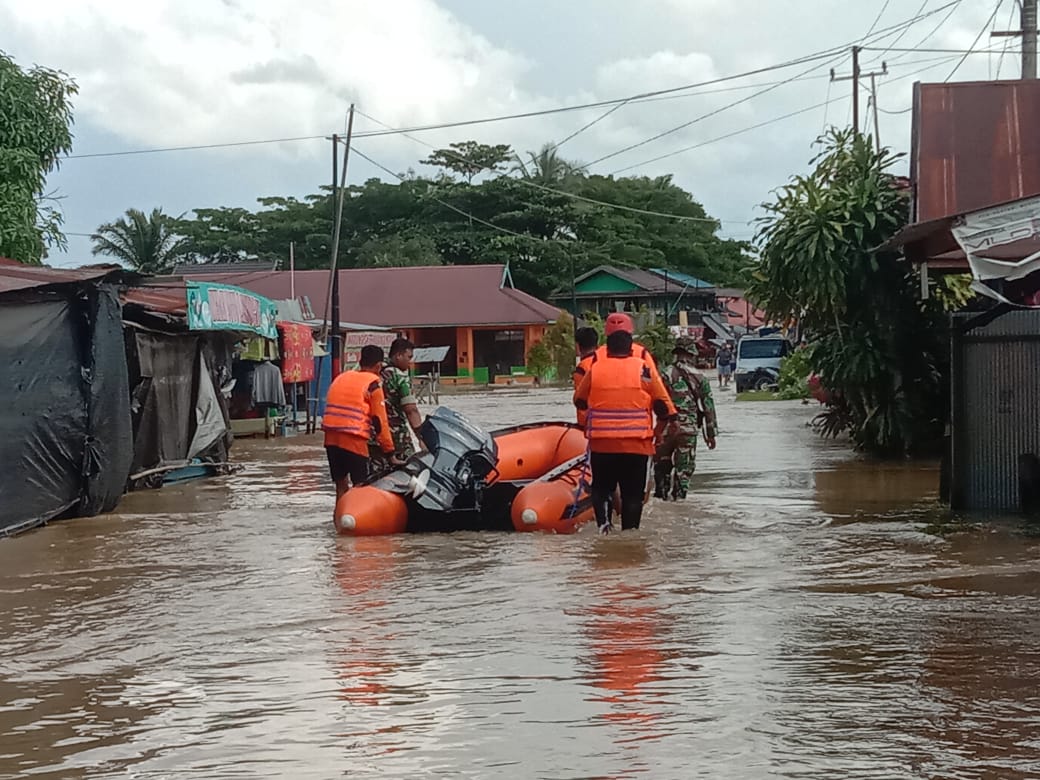Instability driven by climate change could threaten democracies in the future, even though representative governments are best equipped to provide solutions, experts gathered at an annual conference have argued.
The Athens Democracy Forum, an event backed by the United Nations, wrapped up in the Greek capital Friday with attention focused on the impact that rising temperatures and extreme weather could have on democratic stability.
Princeton University climate scientist Michael Oppenheimer warned that authorities globally are responding too slowly to damage caused by weather disasters despite a rise in their frequency.
“As time goes on and on, the interval for recovery is shrinking,” said Oppenheimer, a professor of geosciences and international affairs and director at the Center for Policy Research on Energy and the Environment at Princeton.
“We’re in a situation where the services that governments provide – and one of the key services is protection of life and limb – are not happening the way they should. And to my mind, this is just another pressure that’s going to happen on democracy,” he said.
The three-day Athens event gathered leading academics as well as politicians and community project managers and took place as national authorities have struggled to cope with widespread flooding in central Greece, weeks after the country suffered its worst wildfire on record.
Rising global temperatures and an acceleration of migration in parts of the world have sustained concerns that governments in the upcoming decades could turn more autocratic to retain control of increasingly scarce resources and deal with civil unrest.
In the long term, that would be a bad idea, argued Ann Florini, a fellow at the New America Political Reform Program, part of a U.S.-based think tank.
“Autocracy is the worst possible response to the climate emergency, because what you need is a lot of local empowerment,” Florini said.
“They may be very good at building a big solar power industry … but the idea that an autocracy is going to have the information systems and the flexibility and the resilience to deal with the climate emergency for the next several generations to me is self-evidently ludicrous.”
Only open societies, she insisted, could foster the systemic transformations in energy, agriculture, and water systems required due to their far-reaching ecological impact.
Daniel Lindvall, a senior researcher with the Department of Earth Sciences at Sweden’s Uppsala University, said democratic governments needed to share the benefits of renewable energy with people at a local level.
“If you build a wind farm and part of the benefits and profits are going back to the local communities, then you will have people supporting it instead of protesting against” it, he said.
Source: The Independent


